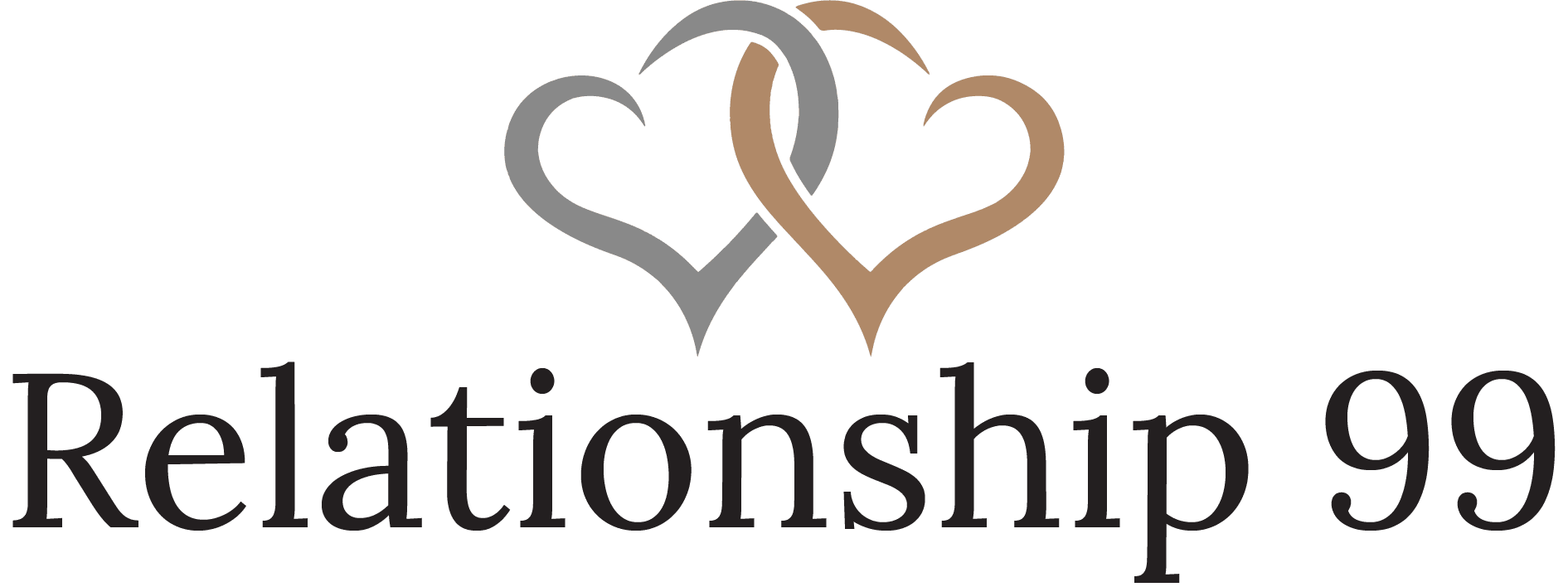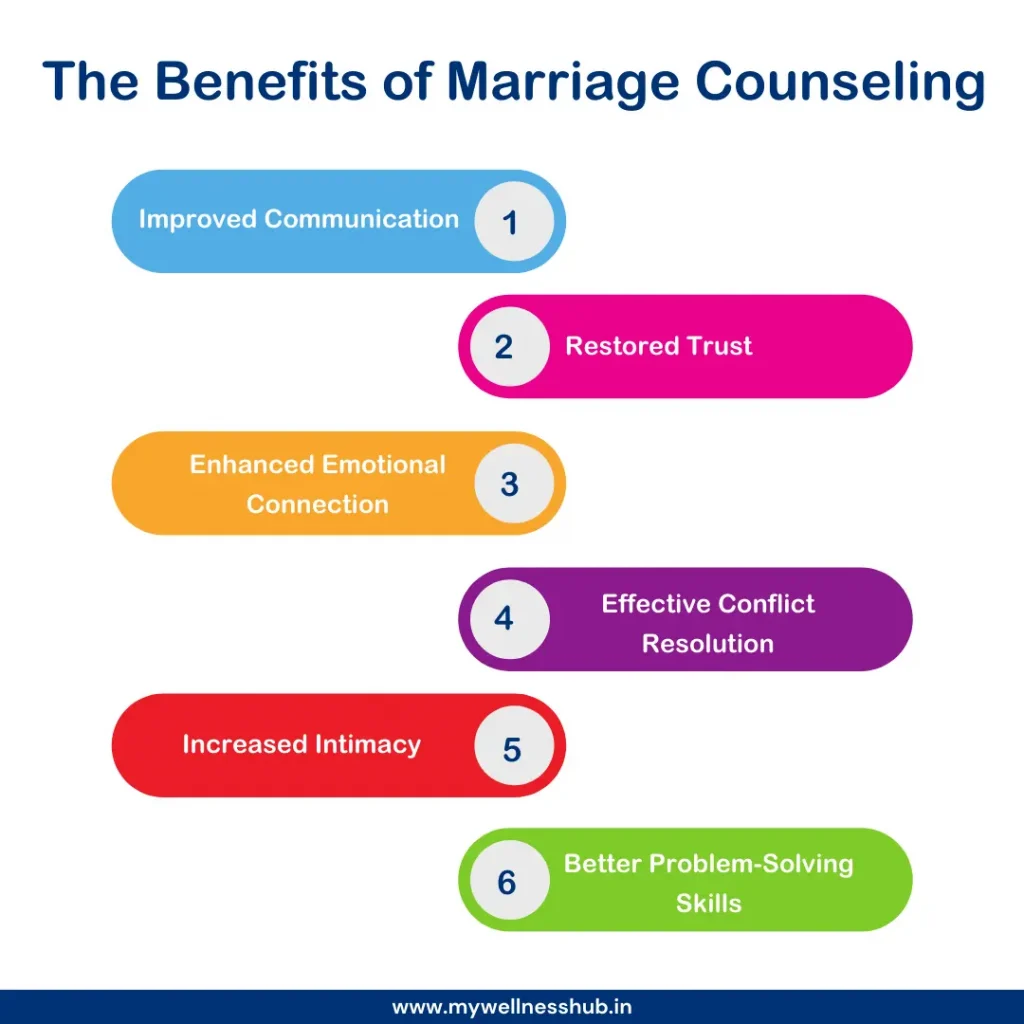Relationship counseling serves as a vital resource for couples navigating the complexities of their partnerships. In a world where the pressures of daily life can strain even the strongest bonds, seeking professional guidance can provide a pathway to understanding and healing. The importance of relationship counseling lies not only in its ability to address existing issues but also in its potential to foster deeper connections between partners.
By engaging in counseling, couples can gain insights into their dynamics, learn effective communication strategies, and develop tools to enhance their relationship. Moreover, relationship counseling is not solely for couples in crisis; it can be beneficial for those who wish to strengthen their bond or navigate transitional phases, such as marriage, parenthood, or retirement. The process encourages self-reflection and mutual understanding, allowing partners to explore their feelings and experiences in a safe environment.
This exploration can lead to greater empathy and compassion, which are essential components of a healthy relationship. Ultimately, relationship counseling can serve as a proactive measure, equipping couples with the skills necessary to maintain a fulfilling partnership over time.
Key Takeaways
- Relationship counseling is important for addressing and resolving issues within a relationship, and for strengthening the bond between partners.
- Common relationship challenges include communication issues, trust issues, intimacy issues, and conflict resolution.
- Communication plays a crucial role in relationship counseling, as it helps partners express their feelings, needs, and concerns effectively.
- Building trust and intimacy through counseling involves creating a safe and supportive environment for partners to open up and connect with each other.
- Managing conflict and resolving differences is a key aspect of relationship counseling, as it helps partners learn how to navigate disagreements and find common ground.
Identifying Common Relationship Challenges
Communication Breakdowns
Poor communication is a common issue that can manifest in various ways, such as misunderstandings, assumptions, or avoidance of difficult conversations. When partners struggle to express their thoughts and feelings openly, it can lead to frustration and resentment. For instance, one partner may feel neglected if their needs are not articulated, while the other may be unaware of the emotional turmoil brewing beneath the surface.
Unrealistic Expectations
Another common challenge is differing expectations regarding roles and responsibilities within the partnership. As relationships evolve, so too do the expectations that partners hold for one another. For example, one partner may expect the other to take on more household duties after having children, while the other may feel overwhelmed by work commitments. These discrepancies can lead to feelings of inadequacy or resentment if not addressed openly.
Fostering Teamwork and Collaboration
Recognizing and discussing these expectations is essential for fostering a sense of teamwork and collaboration within the relationship. By identifying communication barriers and addressing unrealistic expectations, couples can work together to build a stronger, more resilient bond.
The Role of Communication in Relationship Counseling
Effective communication is often heralded as the cornerstone of successful relationships, and its significance is magnified within the context of relationship counseling. Counselors provide couples with tools and techniques to enhance their communication skills, enabling them to express their thoughts and feelings more clearly and constructively. This process often involves teaching active listening skills, where partners learn to fully engage with one another’s perspectives without interrupting or formulating responses prematurely.
By practicing active listening, couples can create an environment where both partners feel heard and valued. In addition to active listening, counselors may introduce techniques such as “I” statements, which encourage individuals to express their feelings without placing blame on their partner. For instance, instead of saying “You never listen to me,” a partner might say, “I feel unheard when you look at your phone while I’m talking.” This subtle shift in language can significantly alter the tone of a conversation, reducing defensiveness and fostering a more open dialogue.
Through these communication strategies, couples can learn to navigate difficult discussions with greater ease and understanding.
Building Trust and Intimacy Through Counseling
| Metrics | Data |
|---|---|
| Number of counseling sessions | 20 |
| Client satisfaction rate | 90% |
| Trust level reported by clients | High |
| Intimacy level reported by clients | Improved |
Trust and intimacy are foundational elements of any healthy relationship, yet they can be easily compromised by misunderstandings or past grievances. Relationship counseling provides a structured environment for couples to rebuild trust by addressing underlying issues that may have eroded their connection. Counselors often guide partners through exercises designed to promote vulnerability and openness, allowing them to share their fears and insecurities in a supportive setting.
This process can help partners recognize that they are not alone in their struggles and that vulnerability can lead to deeper intimacy. Furthermore, intimacy extends beyond emotional connection; it encompasses physical closeness as well. Couples may find that their physical intimacy has waned due to stress or unresolved conflicts.
Counseling can help partners explore their desires and needs regarding physical affection, encouraging them to communicate openly about what makes them feel loved and desired. By fostering both emotional and physical intimacy, couples can create a more fulfilling partnership that nurtures their bond on multiple levels.
Managing Conflict and Resolving Differences
Conflict is an inevitable aspect of any relationship, but how couples manage that conflict can significantly impact the health of their partnership. Relationship counseling equips couples with conflict resolution strategies that promote constructive dialogue rather than escalation. Counselors often emphasize the importance of addressing issues promptly rather than allowing them to fester over time.
By tackling conflicts head-on, couples can prevent resentment from building up and maintain a healthier dynamic. One effective approach taught in counseling is the concept of compromise. Couples learn that finding common ground does not mean sacrificing one’s needs but rather working collaboratively to meet both partners’ desires.
For example, if one partner wants to spend more time with friends while the other prefers quiet evenings at home, they might agree to alternate weekends—one for socializing and one for relaxation together. This willingness to negotiate fosters a sense of teamwork and reinforces the idea that both partners’ needs are valid and worthy of consideration.
Addressing Individual and Couple’s Needs
In any relationship, it is essential to recognize that each partner brings individual needs and desires into the partnership. Relationship counseling encourages couples to explore these individual needs while also considering how they intersect with the couple’s shared goals. For instance, one partner may have a strong desire for independence and personal growth, while the other may prioritize togetherness and shared experiences.
Counselors help partners navigate these differences by facilitating discussions that honor both individual aspirations and collective objectives. Additionally, addressing individual needs can lead to greater satisfaction within the relationship as each partner feels supported in pursuing their passions and interests. Counselors may encourage couples to establish boundaries that allow for personal space while also nurturing their connection as a couple.
This balance is crucial for maintaining a healthy relationship dynamic where both partners feel fulfilled both individually and together.
Developing Healthy Relationship Patterns
Counseling provides an opportunity for couples to identify unhealthy patterns that may have developed over time and replace them with healthier alternatives. Many couples fall into cycles of behavior that perpetuate conflict or dissatisfaction—such as criticism, defensiveness, or stonewalling—often referred to as the “Four Horsemen” by psychologist John Gottman. Through counseling, couples can learn to recognize these patterns and understand how they contribute to relational distress.
Once identified, counselors guide couples in developing healthier interaction styles that promote understanding and connection. For example, instead of resorting to criticism during disagreements, partners might practice expressing their feelings using “I” statements or focusing on specific behaviors rather than generalizations about character. By consciously working to replace negative patterns with positive ones, couples can create a more harmonious environment that fosters growth and resilience.
Sustaining Positive Changes Through Ongoing Counseling
The journey of relationship counseling does not necessarily end once initial issues are addressed; ongoing counseling can play a crucial role in sustaining positive changes over time. Many couples find that regular check-ins with a counselor help them stay accountable for their progress and reinforce the skills they have learned. These sessions provide an opportunity for partners to discuss new challenges that arise as their relationship evolves, ensuring that they continue to grow together.
Additionally, ongoing counseling allows couples to revisit foundational concepts such as communication techniques or conflict resolution strategies as needed. Life transitions—such as having children or changing jobs—can introduce new stressors into a relationship; therefore, having a supportive framework in place can help couples navigate these changes more effectively. By committing to ongoing counseling, couples demonstrate their dedication to nurturing their relationship and investing in its long-term health.
In conclusion, relationship counseling offers invaluable support for couples seeking to enhance their connection and navigate challenges together. Through improved communication, trust-building exercises, conflict management strategies, and ongoing support, partners can cultivate a fulfilling partnership that stands the test of time.
Relationship counseling can be incredibly beneficial for couples who are struggling to communicate effectively and resolve conflicts. In fact, according to a recent article on relationship-99.com, there are 10 common reasons why couples fight, ranging from financial stress to lack of intimacy. By addressing these issues with the help of a trained therapist, couples can learn how to avoid conflict and strengthen their relationship.
FAQs
What is relationship counseling?
Relationship counseling is a type of therapy that helps couples or individuals in a relationship work through issues and improve their communication and connection.
What are the common reasons for seeking relationship counseling?
Common reasons for seeking relationship counseling include communication problems, infidelity, financial issues, parenting conflicts, and lack of intimacy.
How does relationship counseling work?
Relationship counseling typically involves meeting with a therapist to discuss the issues in the relationship, identify patterns of behavior, and work on developing healthier communication and problem-solving skills.
Who can benefit from relationship counseling?
Couples or individuals who are experiencing difficulties in their relationships, whether married or unmarried, can benefit from relationship counseling.
What are the benefits of relationship counseling?
The benefits of relationship counseling can include improved communication, better understanding of each other’s needs, increased intimacy, and the development of healthier relationship patterns.
How long does relationship counseling typically last?
The length of relationship counseling can vary depending on the specific issues being addressed and the progress made, but it often involves several sessions over a period of time.
Is relationship counseling effective?
Research has shown that relationship counseling can be effective in improving relationship satisfaction, communication, and overall relationship quality. However, the effectiveness can vary depending on the specific circumstances and the willingness of the individuals involved to engage in the process.



